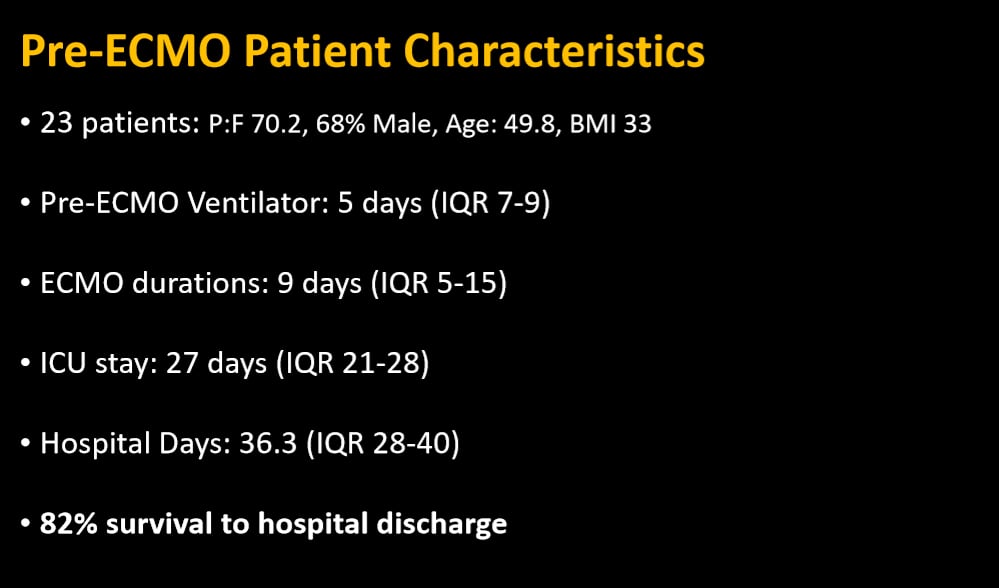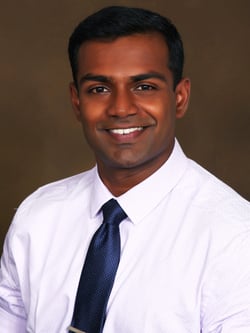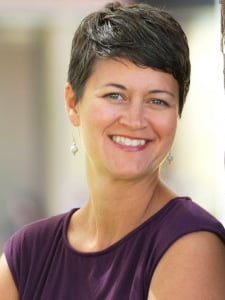Editor’s note: “Our COVID-19 Fighters” is an occasional series highlighting the ways the CU Anschutz Medical Campus community is helping patients and the wider community in the fight against the pandemic. We welcome your story ideas; please share them here.
Choosing a theme for this year’s eighth annual CCTSI CU-CSU Summit took little effort for organizers of the event. With the world enveloped in a pandemic, the importance of the mission has never been so clear.
“Since March 2020, our lives have been changed,” said Ronald Sokol, MD, director of Colorado Clinical and Translational Sciences Institute (CCTSI), in opening remarks for the Aug. 19 daylong event. “As of today, over five and a half million Americans are infected or have been infected with the virus, and over 174,000 have died,” he said of SARS-CoV-2.
Nearly 200 people joined the CCTSI’s first virtual Summit, focused on connecting medical researchers in their efforts to improve healthcare worldwide. Keynote speakers included Mary Marovich, MD, director of the Vaccine Research Program, Division of AIDS, at the National Institutes of Health in addition to top University of Colorado experts.
Researchers from the CU Anschutz Medical Campus, CU Boulder, CU Denver and Colorado State University shared updates on their COVID-19-related work, from development of therapeutics to understanding racial disparities. Some of the recorded presentations are posted on the CCTSI webpage.
Here’s a snapshot of two CU Anschutz researchers’ abstracts selected for presentations:
Finding success in treating COVID-19’s sickest patients
Navin Vigneshwar, MD
Navin Vigneshwar, MD
Division of Cardiothoracic Surgery
Department of Surgery, CU School of Medicine
Severe COVID-19 can take a deadly toll on the lungs, often prompting weeks of mechanical ventilator therapy, pumping air into lungs that can no longer adequately oxygenate a patient’s body. But what happens when that attempt fails?
At the UCHealth University of Colorado Hospital, doctors began turning to another life-support system early in the pandemic for patients still deteriorating on other treatments. And they found significant success.
“It’s basically a bridge that allows the lungs to recover,” Vigneshwar said of veno-venous extracorporeal membrane oxygenation (VV-ECMO).
VV-ECMO works by pulling unoxygenated blood out of the patient’s body via a surgically inserted cannula circuit. A machine oxygenates the blood before pumping it back into the body, bypassing the injured lungs and allowing them time to heal.
Vigneshwar’s team, led by Principal Investigator Muhammad Aftab, MD, looked at 23 patient cases converted to VV-ECMO at UCHealth University of Colorado Hospital, with determining hospital mortality rate a primary goal.
“Our hospital survival to discharge rate was 82%, which is higher than any current published data,” Vigneshwar said, citing an early study on the ECMO therapy out of Wuhan, China, in which the numbers were flipped. “It had an 81% mortality rate.”
UCHealth University of Colorado Hospital treats some of the sickest patients in a multi-state region and is an Extracorporeal Life Support Organization (ELSO) Center of Excellence.
Skill, experience and careful patient selection for the procedure by the cardiothoracic team are some of the reasons for the hospital’s success, said Vigneshwar, whose team is now launching a multicenter study of ECMO and severe COVID-19.
“We have whole multi-disciplinary teams in the ICU dedicated to ECMO patients,” he said. “I think these teams are critically important to the successful management of these complex patients.”

Looking at exposure in answer to COVID-19’s racial divide
Katherine Dickinson, PhD
Katherine (Katie) Dickinson, PhD
Assistant Professor, Environmental and Occupational Health
Colorado School of Public Health
Five months into the COVID-19 pandemic in the United States, data are clear that the disease severely sickens and kills people of color at starkly higher rates than white people.
After eliminating any theories of a genetic basis for lack of evidence, Dickinson and team launched a study focused largely on exposure and access to healthcare in search of answers behind the racial gap.
“Race is a social construct much more than a biological one, and so the evidence does seem to point more toward the social factors that pattern exposure,” Dickinson said.
Dickinson shared findings from surveys conducted between May 12 and June 7, a first wave of a three-wave multi-state study conducted by the interdisciplinary Risk and Social Policy Working Group. Researchers compared answers between Blacks, whites, Hispanics, Asians, and other/multi-racial respondents.
Conducted during a time stay-at-home orders were just starting to be lifted in most surveyed states, the survey asked about working inside or outside of the home and about use of public transportation the month before stay-at-home orders took hold.
“Even when we control for demographic factors, such as income, education, age and political ideology, we are finding that Black and Hispanic respondents were more likely than white respondents to report working outside of the home and Black respondents were significantly more likely to take public transportation.”
Researchers found both groups largely recognized a higher risk of dying from COVID-19 than their white counterparts, and both groups expressed a higher fear of running out of money in the next three months than white respondents.
Dickinson said she and fellow researchers hope their work helps direct changes. “We believe that effective responses to the pandemic really require an understanding of these factors and antiracist policies to counteract the effect.”
588.jpg?width=1156&name=SummitExposure(2)588.jpg)



.png)
.jpg)
